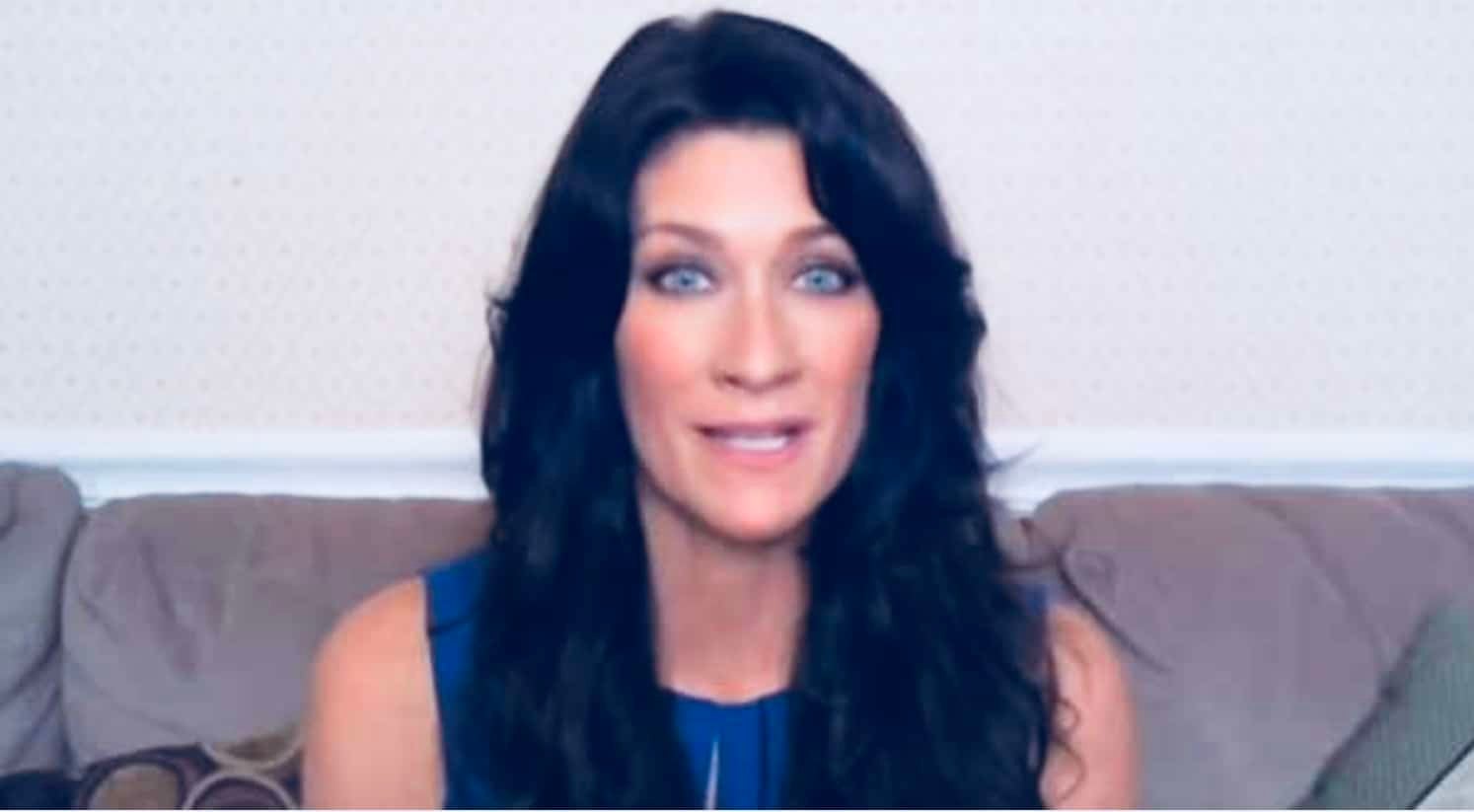DC McAllister, self-proclaimed Christian, and anti-choice advocate, is a white woman who wants the world to know that white women are fed up with being called on their bullshit, and despite being co-architects of violent white supremacy, they will not allow Black women to force them into wallowing in white guilt.
McAllister tweeted on Thursday that Black women are escalating “anti-white woman rhetoric,” and that this ungliness is “the inevitable outcome of intersectionality.”
https://twitter.com/mcallisterden/status/1063069988184121344?s=21
“Intersectionality,” the pioneering framework to understanding and reckoning with intersecting oppressions, was created by Dr. Kimberle Crenshaw, director of Columbia Law School’s Center for Intersectionality and Social Policy Studies and co-founder of the African American Policy Forum, over two decades ago.
As Crenshaw stated in an interview with Columbia Law School, “Intersectionality is a lens through which you can see where power comes and collides, where it interlocks and intersects. It’s not simply that there’s a race problem here, a gender problem here, and a class or LBGTQ problem there. Many times that framework erases what happens to people who are subject to all of these things.”
Now, I’m quite sure that McAllister could never understand the depth and breadth of this work, nor would she want to when willful ignorance makes fraudulent claims and flagrant racism so much easier to mask.
She thought.
She is among the white women who want Black women to know that they are comfortable in their anti-Black racism; in fact, they believe it’s racist to call their racism racist. They have so deeply pathologized Blackness, so brutally claimed ownership of womanhood, that, for them, it is revolutionary to proclaim blamelessness in the white settler colonial project that is the United States.
These are the white women who have decreed that the so-called PC-police will not stop them from erasing their foremothers’, sisters’, nor their own complicity in white supremacist gendered violence against Black women.
They are both oppressor and victim, and they want everyone to know that “(white) women are the niggers of the world.”
They want us to see them as brave and free of the constraints of societal-prescribed decency; as avant-garde leaders of some sort of tragic white women fight back movement. But they’re just the same old white women doing what white women have always done.
We, as in Black women, know that white women have proved over and over again that their whiteness—their access to power, wealth, and intentionally constructed institutional blamelessness—is more valuable to them than their womanhood.
Therefore, their “guilt” is useless to us.
To quote Audre Lorde’s 1981 “The Uses of Anger: Women Responding to Racism”:
“Guilt is not a response to anger; it is a response to one’s own actions or lack of action. If it leads to change then it can be useful, since it is then no longer guilt but the beginning of knowledge. Yet all too often, guilt is just another name for impotence, for defensiveness destructive of communication; it becomes a device to protect ignorance and the continuation of things the way they are, the ultimate protection for changelessness.
…
“I have no creative use for guilt, yours or my own. Guilt is only another way of avoiding informed action, of buying time out of the pressing need to make clear choices, out of the approaching storm that can feed the earth as well as bend the trees. If I speak to you in anger, at least I have spoken to you: I have not put a gun to your head and shot you down in the street.”
So, while McAllister may believe that her guilt is desired, it is not. It is worthless. White women of her conservative ilk—and their liberal counterparts—can continue to reject the necessity of intersectionality in naming the interlocking layers of oppressive systems and their beneficiaries. They can continue to play victim of Black women’s anger.
But we see them; we always have.
And neither their guilt, nor their sisterhood, is required or needed.

